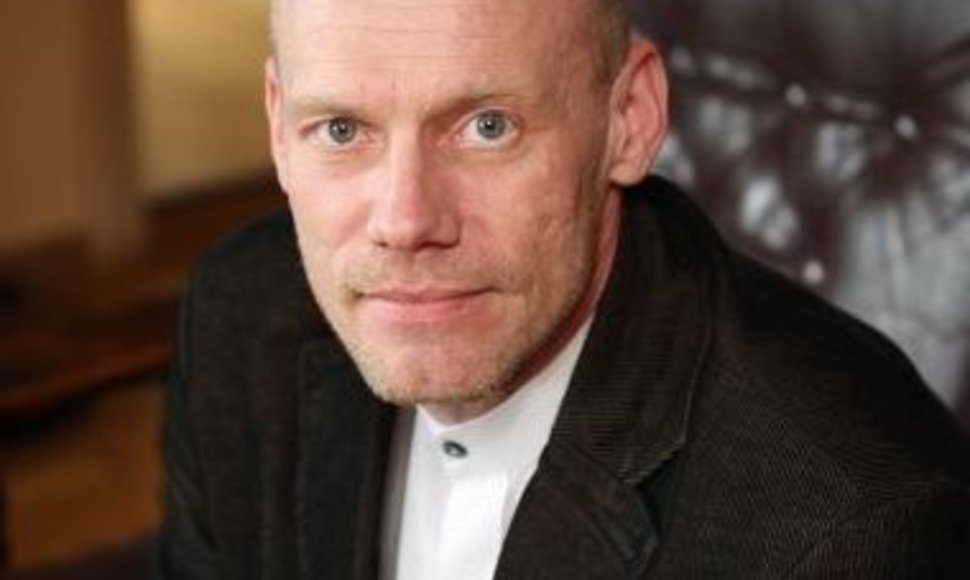How was it possible, I was asked by an employee of one embassy. “We keep hearing that Russia represents the biggest external threat to Lithuania, that people don't like Russians here, and yet your voters are about to entrust the wheel of their state to Uspaskich, a Russian who once fled to Moscow to escape criminal charges?”
Confronted like that, I didn't even know how to respond. I tried something along the lines that there were not that many Russians left in Lithuania, that most of them were successfully integrated into the society and that ordinary citizens were in fact completely indifferent to the nationality of their neighbours or colleagues.
I might have over-embellished things a little, since actual polls indicate that almost half of Lithuanians would not wish for a neighbour of different nationality or religion. More than that – they would not rent out an apartment to them.
However, the main point of my response is that Russia occupies a place in Lithuanian politics which is not unlike the one of a certain delicate body part that prevent some dancers from reigning on the dance floor. (There is a saying in Lithuanian which goes “For a bad dancer, even his own balls is a hindrance”, meaning that one can always find external excuses to justify one's incompetence.)
I don't know how convincing my explanation was, but at least I myself have no doubt at all that Russia is the best thing that could have happened to our current government – they don't even need to invent any enemies. A handy tool for foreign policy but could also be used for other areas in life.
For instance, Lithuanian ambassador to the United Nations Čekuolis recently lost an appointment to chair the UN General Assembly. And it happened in no ordinary circumstances – during a vote that was held for the first time since 1991, as over the last 20 years candidacy to the post would have always been agreed upon without voting.
Whose fault is it? Russia's, of course. Lithuanian diplomats had absolutely nothing to do with it, since they were hoping, up until the very last moment, that Serbia would pull out its candidate – at one point, they even threatened to block EU-Serbian negotiations to make sure that happened.
Russia, meanwhile, was working on all fronts and, were we to trust Foreign Minister Audronius Ažubalis, even had an article published in the Lithuanian media right before the vote in New York City, hinting at ambiguous entries in KGB files that could or could not have mentioned Čekuolis.
Russia can do everything – it is undoubtedly Russia's fault that Lithuania still hasn't managed to finish the lustration process. Lithuanian politicians – especially those currently in the government – have absolutely no responsibility in that.
In fact, it might be possible that the current coalition itself is not working for Lithuania - but instead for Russia. At least it's liberal section.
I didn't come up with this myself – Prime Minister Kubilius himself said so last week. He had doubts about some amendments presented by liberals regarding the law on building an LNG terminal.
His doubts were indeed reasonable – the suggested corrections sounded identical to those presented by social democrats and contradicted conservatives' own plans. In other words, it was drafted in Russia.
It sounds almost self-evident – but how do you explain this to a person who is not a member of the Conservative Party and who realizes that it is not his delicates that are the biggest hindrance to a bad dancer?












